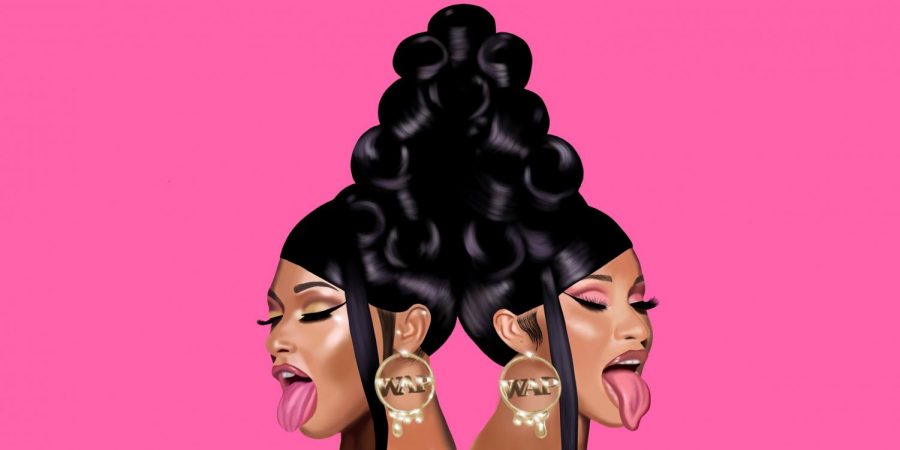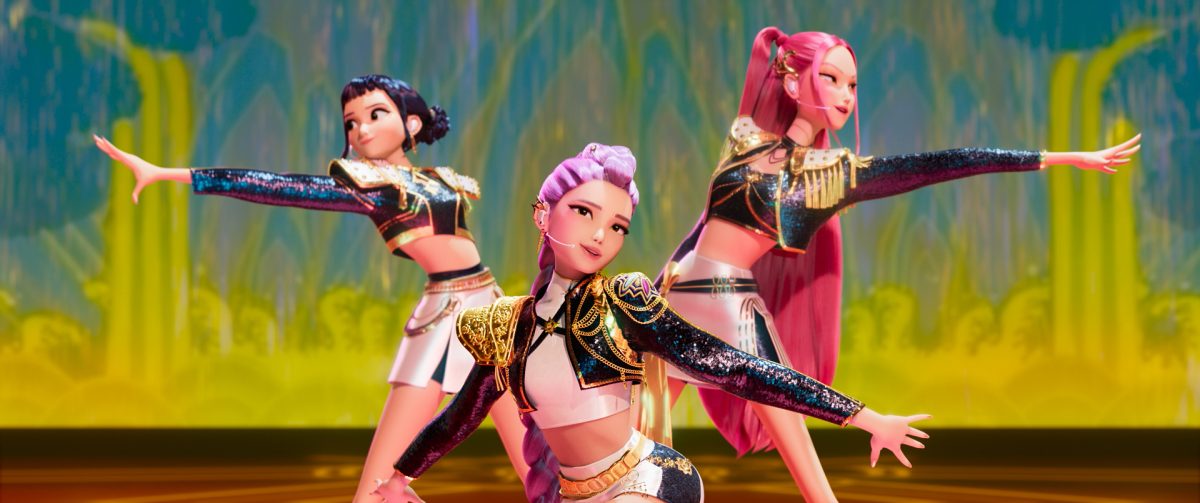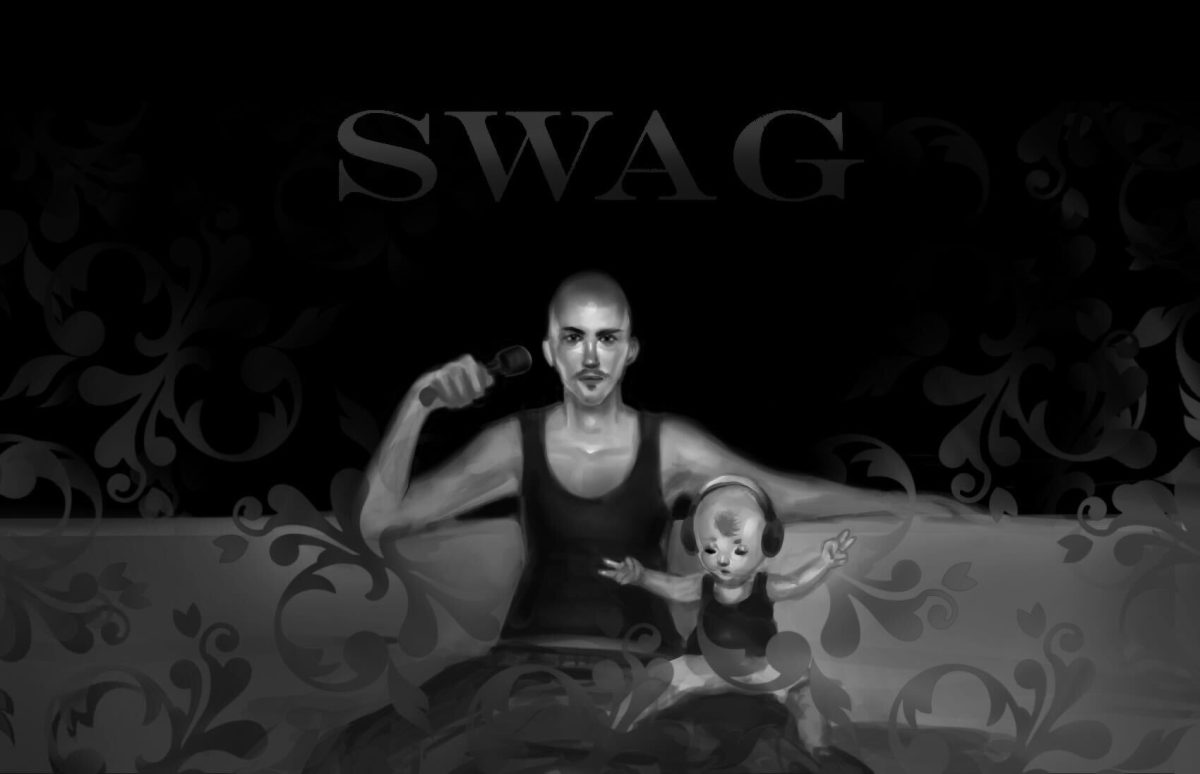In what seems to be the most graphic and explicit song of 2020, Cardi B’s newest single, “WAP,” featuring rapper Megan Thee Stallion, successfully stands as a feminist anthem in today’s time, wholeheartedly embracing and de-stigmatizing the concept of female sexuality despite the overwhelming condemnation from disapproving conservatives.
Upon its release a month ago, the song in itself received high acclaim for its open acceptance of female sensuality — but not without heavy loads of criticism from conservative demographics that deemed the lyrics and music video as overly sexual, and extremists labeling the song as borderline “pornographic.”
Despite the controversies, “WAP,” which Cardi B uses as an acronym for an explicit phrase describing a woman’s anatomy, gives the singer her fourth chart-topper on the Hot 100 and her third No. 1 on Streaming Songs.
The tune’s music video, released Aug. 7, features multiple cameos of other female celebrities. Both rappers — while decked out in fancy garments — celebrate their sexuality by directly challenging the prevalent double standards between men and women. The polarizing response of “WAP” from the public proves the exact message the song stands for: freedom of sexual expression for women, a privilege men have been getting away with for years in pop culture and mainstream music. Though the lyrics can be described as vulgar, Cardi B’s music serves as a liberating, unrestrictive medium for the female masses to relate to and feel empowered by; instead of viewing their sexual experiences as shameful, explicit lyrics like those found in “WAP” empowers listeners to feel confident in themselves and what they choose to do with their body. Also, Cardi B’s husky voice complemented by Stallion’s deeper vocals makes for a balanced auditory experience, supplemented by catchy beats that make the song easily stick in one’s head. Both rappers also maintain consistent rhythm and flow in their verses, enabling the song so that it is smooth to the listeners’ ears. Though the song in itself is melodious and appealing, scandals have arisen from the social implications behind the lyrics that explicitly detail Cardi B’s sexual encounters. The irony in the controversy of the new single is loud and clear; despite male pop artists such as Chris Brown, Kanye West and Robin Thicke basing their songs solely around the degradation of women, when a woman herself consensually expresses her confidence, the song becomes associated with overtly sexual and inappropriate connotations and met with public outcry. Thus, when a female artist grants herself the freedom to proclaim and express her intimacy with others in the medium of her choice, one should not greet these artists with shame, but rather evaluate the preconceived notions that cause greater backlash toward women when discussing the topic of sex or anything tangentially related. By normalizing a woman’s carnal experiences — though not the most family friendly — Cardi B takes a hit at outdated, patriarchal beliefs with her indifferent and casual attitude toward sex and attempts to create a level playing field for both genders when it comes to their sexuality. So despite the excessive profanity and explicit imagery, “WAP” ultimately succeeds in redefining the normatives of our society’s response to sexualities in a straightforward, unapologetic manner, inspiring the women of today and empowering the women of tomorrow to reclaim what is always theirs.














